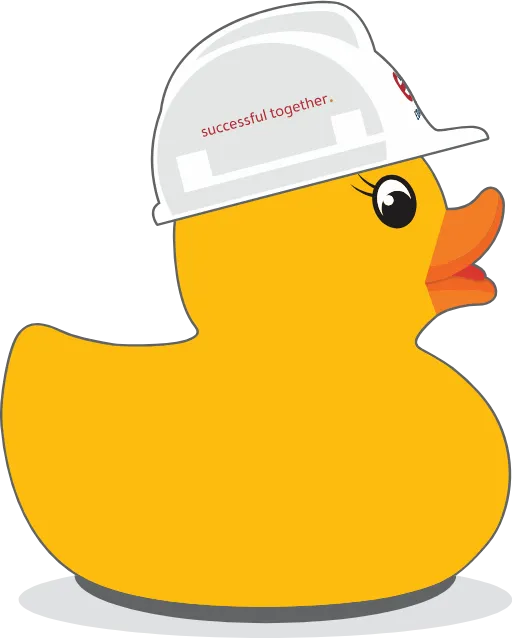VP of Operations, Brian Hee Featured in Philadelphia Business Journal
6.8.2023
Hee discusses concerns about a work slowdown, as well as optimism coming from the 2021 Infrastructure Bill.

While the construction industry has experienced unprecedented growth in recent years, concerns about a work slowdown have started to arise. Anticipating a recession, some experts believe a slowdown is near. Their concerns come from a recent moderation in nonresidential construction growth that could drop under 1% in 2024. Yet other experts remain optimistic since the passage of the 2021 Infrastructure Bill, which includes $1.2 trillion in funding for a wide range of infrastructure projects, including highways, bridges, airports, and public transportation, and should be a significant boost to the construction industry. Pennsylvania has already received nearly $8 billion in funding from the bill, and some projections suggest that it could double industry revenue nationwide by 2030.
These mixed messages have left many developers hesitant to invest in new projects. Additionally, the 38% increased cost of materials, supply-chain issues, and labor shortage of over 500,000 workers have continued to negatively impact the construction industry.
The construction industry has always been about overcoming uncertainty and change. Daily schedule and manpower changes often impact timelines and deliverables. Material availability and changing technologies are unpredictable, and the way we work must shift to accommodate the changing landscape. Further, changes to the economy mean companies must shrink or grow in response.
Use this time, the quiet before the storm, to prepare your workforce.
Invest in employee training and development. As the industry becomes more technology-driven, it is imperative that workers have the necessary skills to operate and maintain new equipment. By investing in training programs, you ensure that your workforce is prepared for future opportunities and challenges.
Identify new opportunities, and continuously look to expand your portfolio of services. By offering a range of services, you are better prepared for fluctuations in the market and can take advantage of new opportunities as they arise. Additionally, consider building relationships in different sectors.
Uncertainty and change are in the DNA of successful construction companies, whether they forecast leaner times or eagerly anticipate times of growth. In either case, successful companies who look to weather the storm need to actively take steps to prepare for the changes to come.
Check out the full publication here (Article on page 30): https://www.bizjournals.com/philadelphia/digital-edition?issue_id=38302&loc=pcmod.

